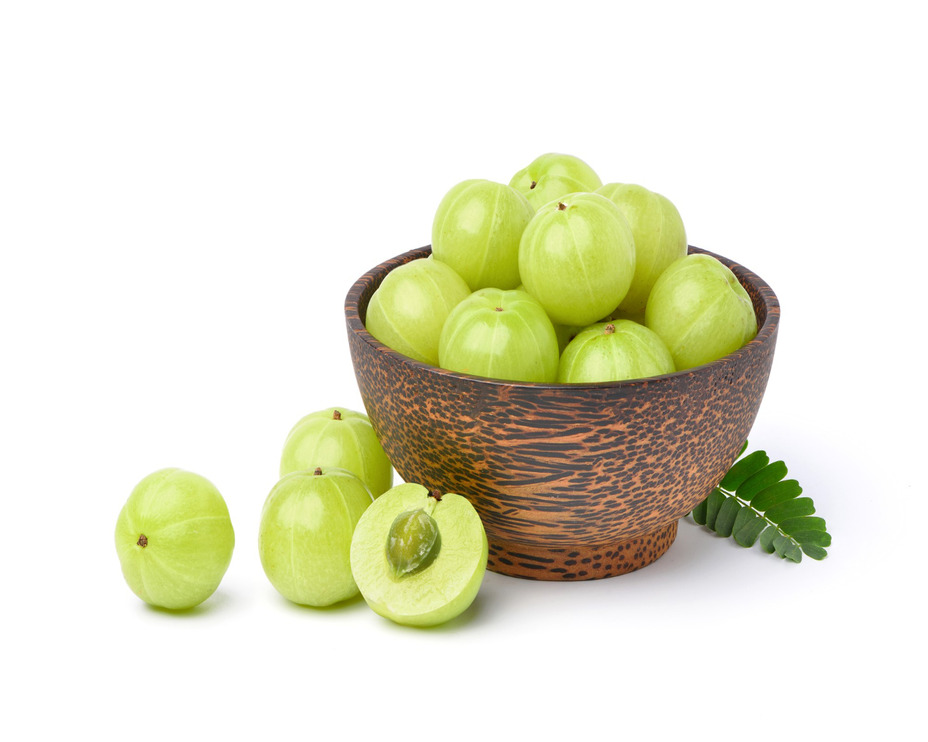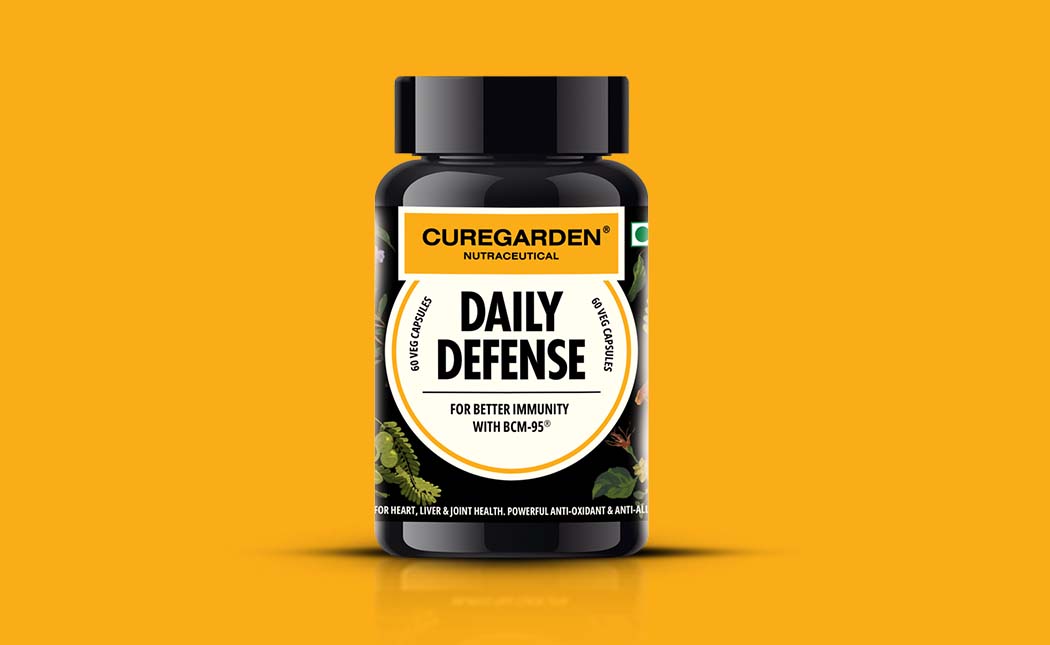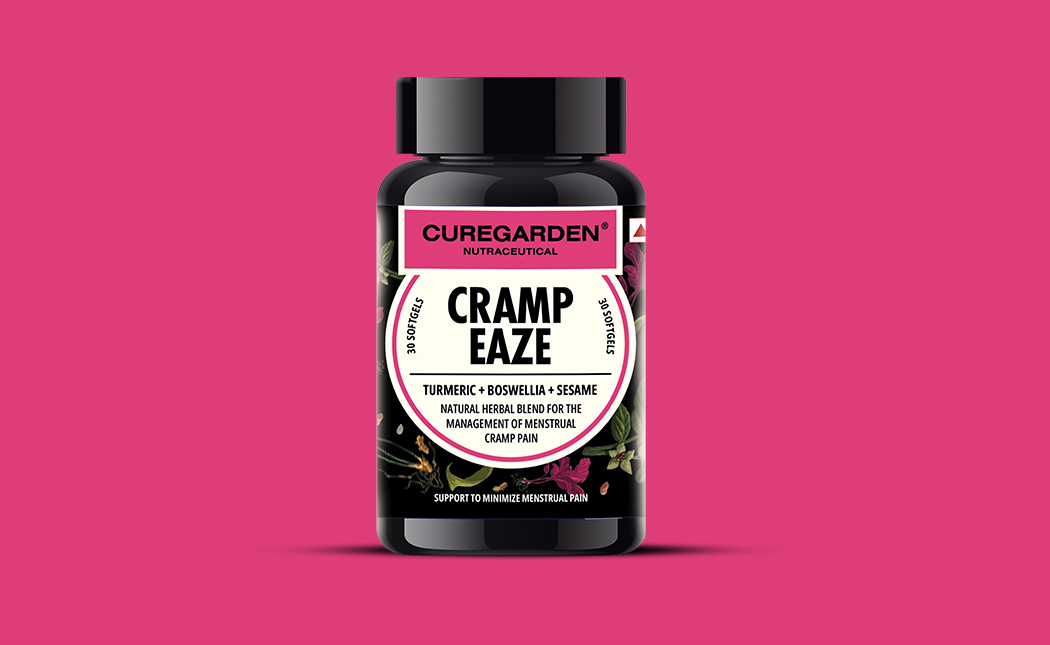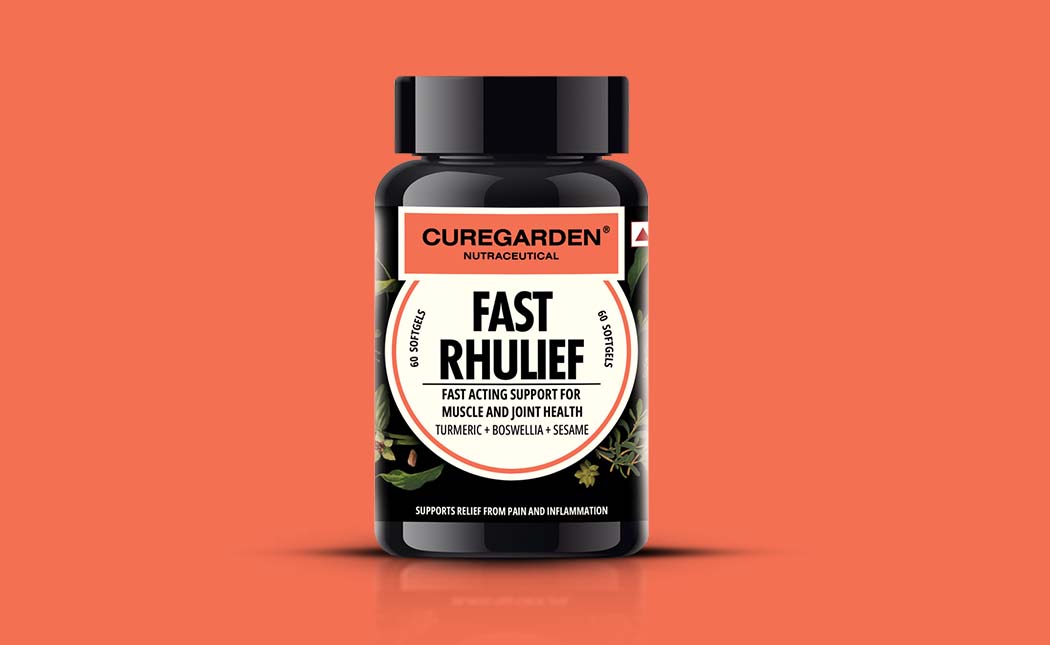Essential Takeaways
Ensuring optimal gut health is crucial, as it significantly impacts overall bodily well-being. When the digestive processes of breaking down, absorbing, and assimilating food are compromised, it adversely affects the entire boy.
In a recent study, digestive diseases affect 60-70 million people in US, encompassing current conditions such as reflux _GERD), stomach ulcers, persistent constipation, and chronic diarrhea, which may be associated with irritable bowel syndrome, hemorrhoids, celiac diseases, and inflammatory bowel conditions. The frequency of these disorders appears to be increasing in bowel conditions.
About Gut Health? What Makes It Healthy?
Your gut consists of your entire digestive system, including the mouth, esophagus, stomach, pancreas, liver, gallbladder, small intestine, large intestine (colon), and rectum. In addition to tissues, there are around 100 trillion bacteria living inside it, often referred to as the “forgotten organ” because of their significant impact on your overall health.
Several bacteria in your gut are considered “beneficial,” as they contribute to your overall well-being. conversely, some gut bacteria are deemed “harmful” as they have the potential to induce illness and elevate the risk of various health issues, including depression. Recognizing the methods to eliminate detrimental gut bacteria is crucial for this reason. Gut health pertains to the equilibrium of these bacteria and the overall performance of your digestive system. Elements such as stress and an unhealthy diet can disrupt the harmony between positive and negative gut bacteria.
Herbs as probiotics
Live organisms known as probiotics can thrive in your digestive tract, providing established health benefits. The National Institute on Minority Health and Health Disparities suggests that specific herbs may provide additional health advantages thanks to the presence of beneficial bacteria colonies.
Herbs, like turmeric, slippery elm, licorice, and Triphala, can support our gut health by acting as prebiotics for the microbiome. Good bacteria such as Bifidobacterium and Lactobacillus thrive in the gut, while harmful bacteria like Citrobacter freundii and Klebsiella pneumonia can contribute to disease. The mentioned herbs, traditionally used for treating conditions like ulcerative colitis, Crohn’s disease, GERD, and compromised membranes, show potential in promoting a healthy balance in the gut.
Explore the best gut health supplement to promote a balanced microbiome and support overall digestive well-being. Nourish your gut with the best nature has to offer! GUT EAZE 365 from Curegarden Supplies is your go-to herb for wellness
GUT EAZE 365-WITH A BLEND OF 14 DIFFERENT HERBS
Gut Eaze 365 combines 14 powerful herbs to boost digestive health and immunity. It prevents problems like constipation, diarrhea, bloating, and abdominal pain, while also safeguarding the inner gut lining. It’s Anti-bacterial, and this helps maintain a healthy gut ecosystem, especially during times of anxiety, stress, or depression, enhancing digestive immunity!
It helps manage diarrhea
The phytochemicals found in Gut Eaze 365 enhance bile flow, promoting better fat metabolism and absorption. They also assist in managing excessive water secretion in the intestine and regulate the movement of food through the digestive tract, facilitating proper waste elimination by the body.
It reduces flatulence
Gas is produced in the large intestine when undigested carbohydrates interact with bacteria. The bioactives found in phytochemicals help alleviate flatulence by aiding in the proper digestion of carbohydrates.
It helps manage constipation
Constipation occurs when the movement of food through the digestive tract occurs at a slower pace than usual. Gut Eaze 365 enhances the muscle contractions of the intestinal wall, thereby boosting the speed of gastric emptying.
Curegarden supplies Health supplements online India, We employ rigorous and thorough assessment criteria for all our supplements to align with the elevated expectations of our customers. Our standards encompass dependable clinical studies, quality specifications, safety benchmarks, consistent outcomes, and more, guaranteeing utmost satisfaction.
Disturbances in the gut can contribute to various disorders and diseases beyond gut-related symptoms. The gut contains a community of bacteria known as the microbiome, consisting of both helpful and harmful types. Antibiotics can affect the microbiome by eliminating both good and bad bacteria, impacting overall gut health. If someone is taking antibiotics, it’s advisable to enhance their gut health with probiotics, found in fermented foods or supplements. Probiotics are beneficial bacteria, and prebiotics, which serve as their food, are essential.










